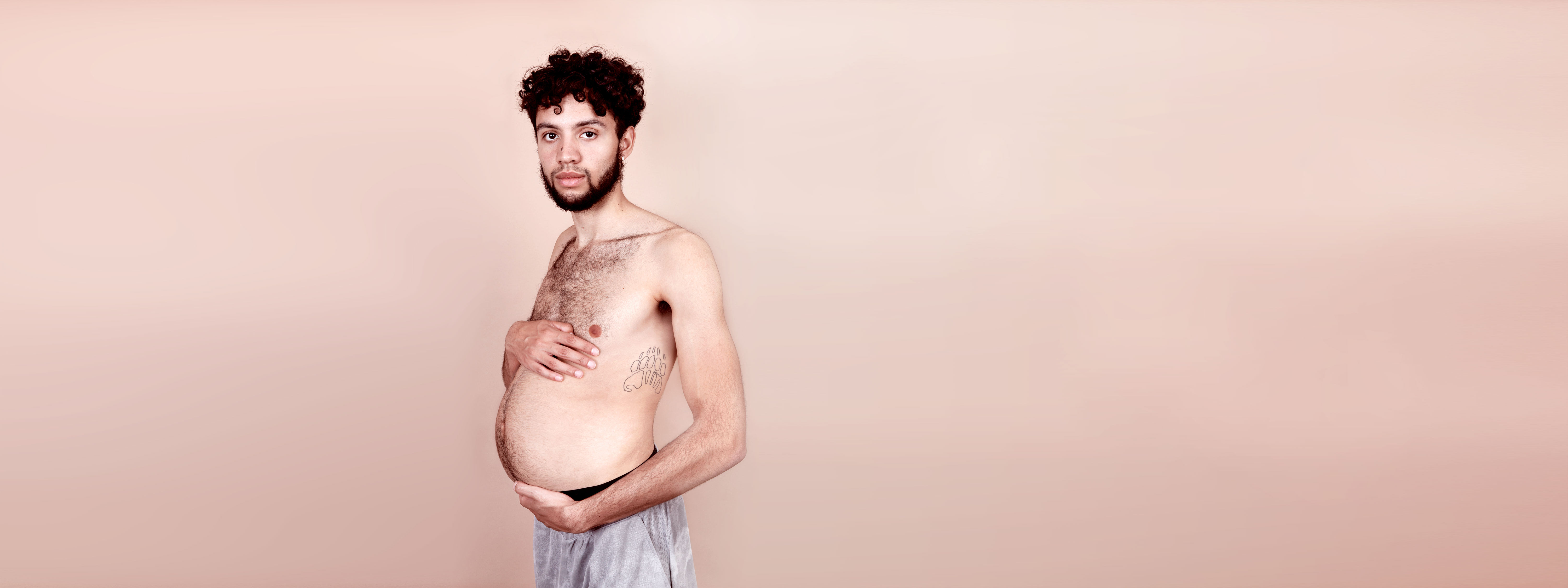Within a few years, it may be possible for premature babies to grow inside an artificial womb. And when that day arrives, should men be able to give birth to children? Should we externalize pregnancy with artificial wombs? And are these feminist dreams or frankenstein nightmares? Welcome to Reprodutopia, a debate on our reproductive futures.
A new narrative
For a long time the birds and the bees served us well to explain where our children come from. Yet radical developments in reproductive technology force us to rewrite this story.
Artificial wombs, gene editing techniques and reprogramming adult cells into eggs or sperm cells are revolutionary ways for human beings to reproduce, and appear to be closer than any of us can imagine.
It’s time for a much-needed discussion about the way technology radically alters our attitude towards reproduction, gender, relationships and love in the 21st century. If we are to rewrite the human story, let’s make sure it becomes a story that benefits all.

* * * Apple iPhone 15 Free: http://sidim.org/upload/go.php * * * hs=da800fc4258b2e536f624be92a8577b7*
hbz48y
70fsj8
Posted on